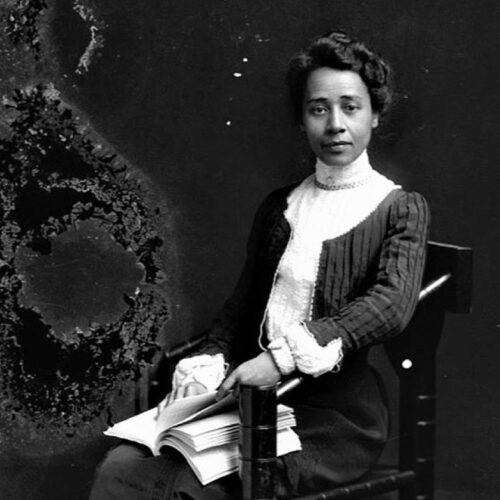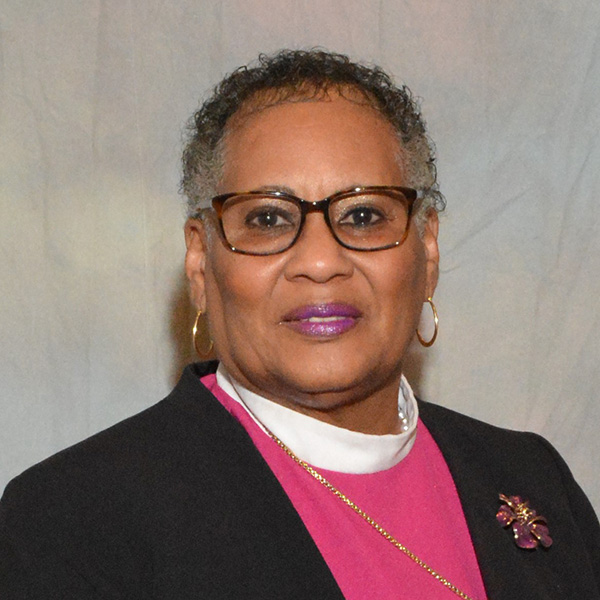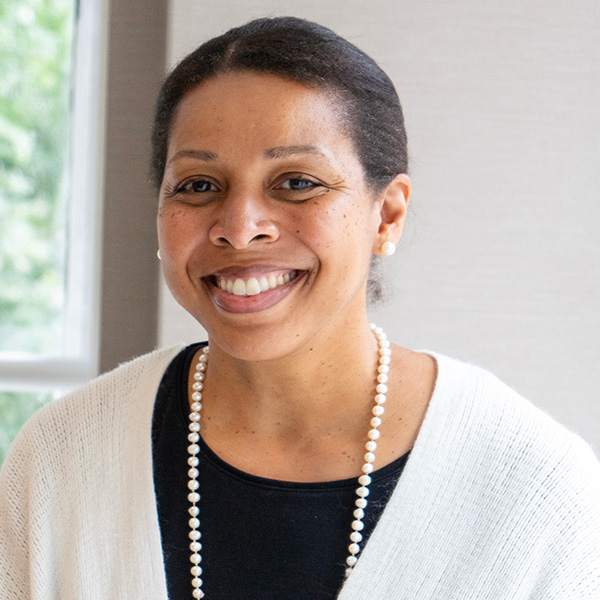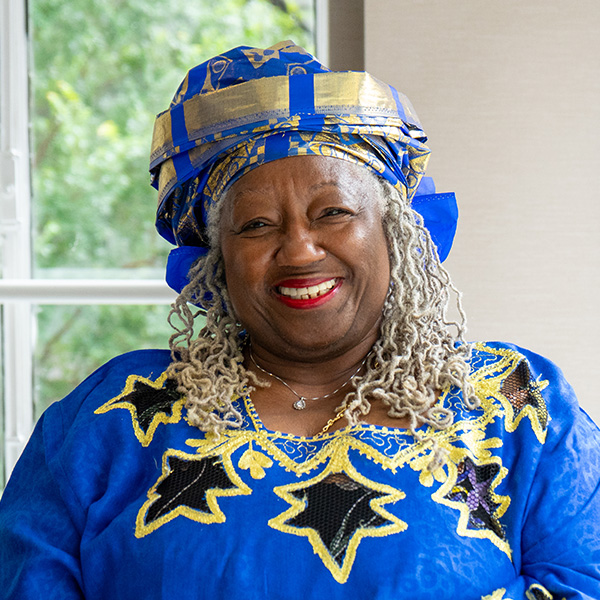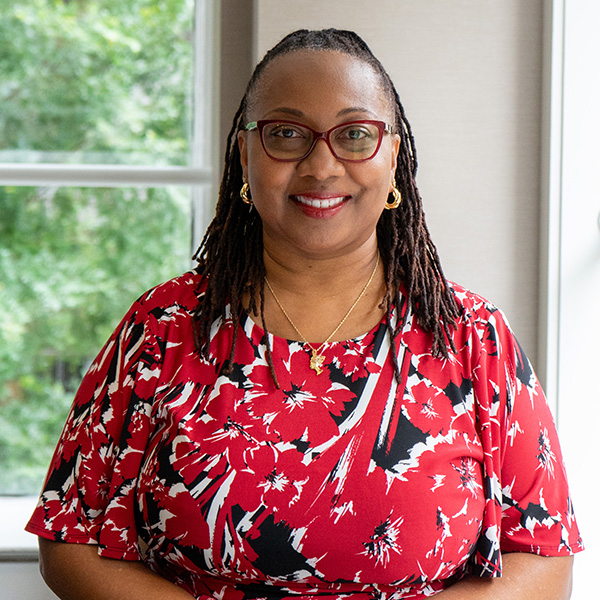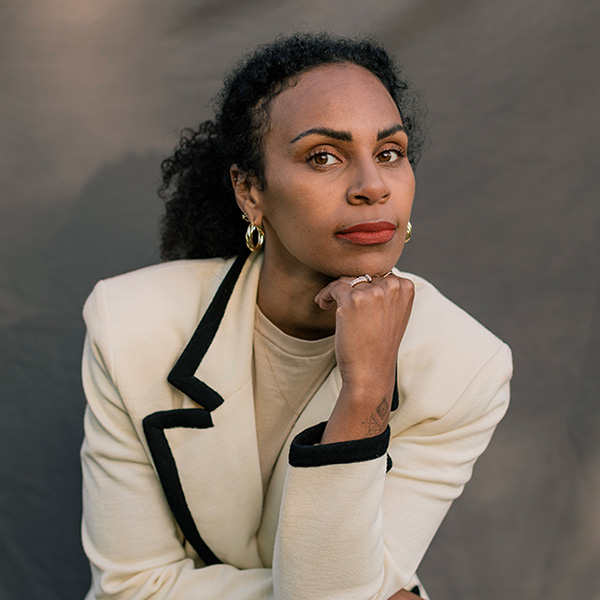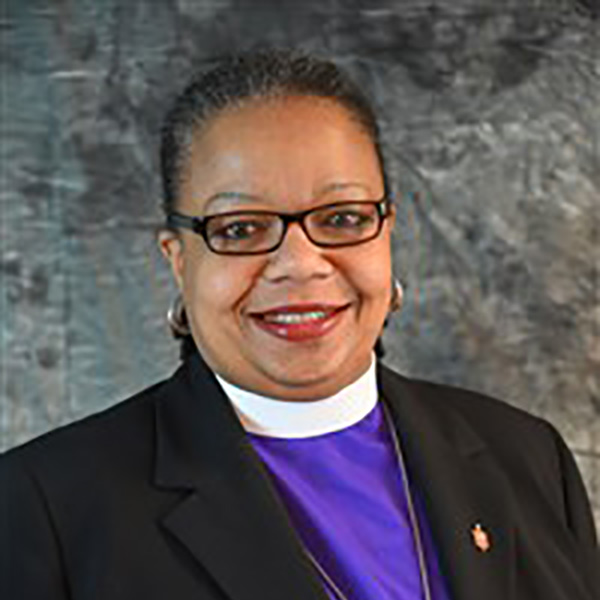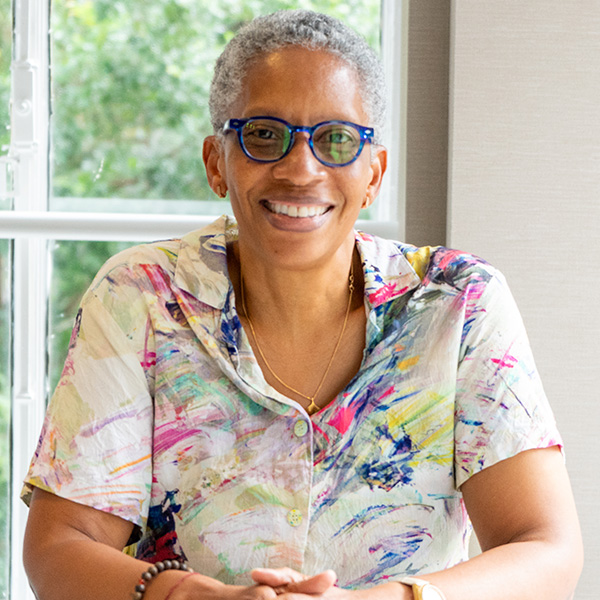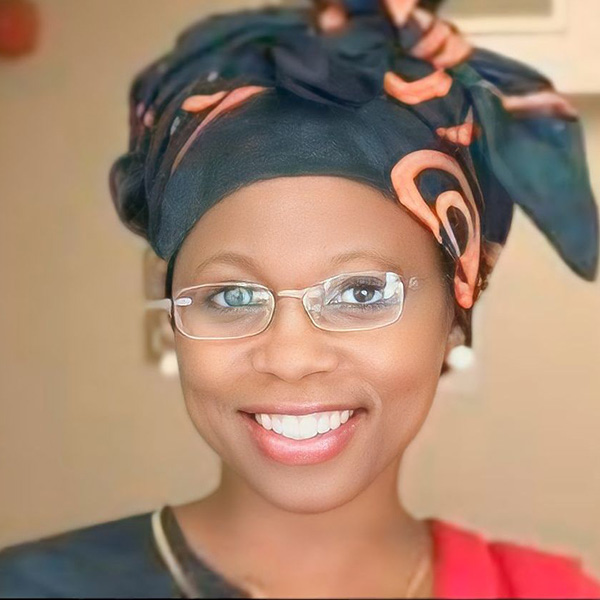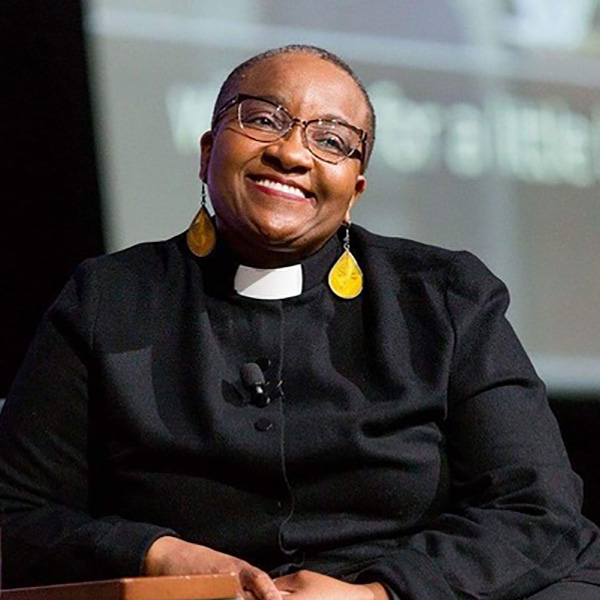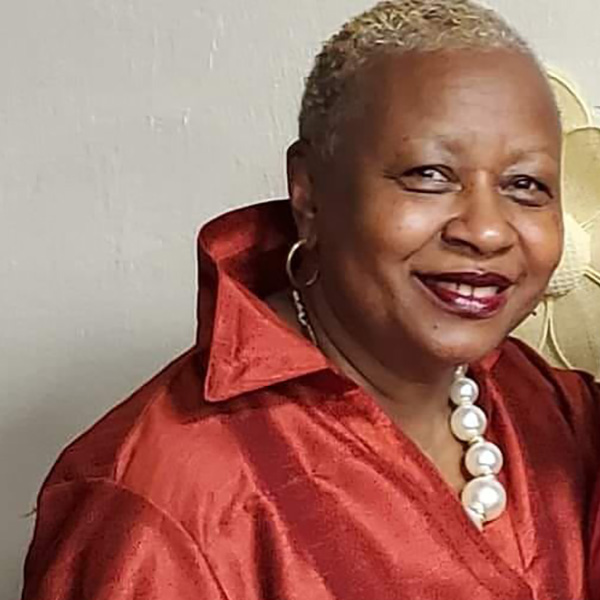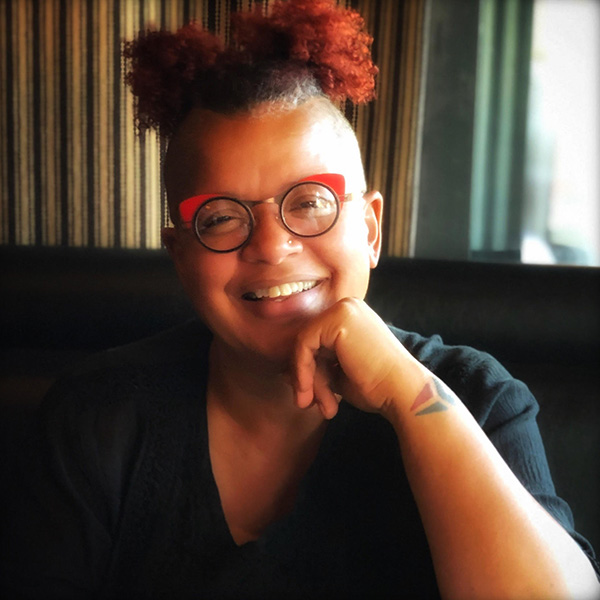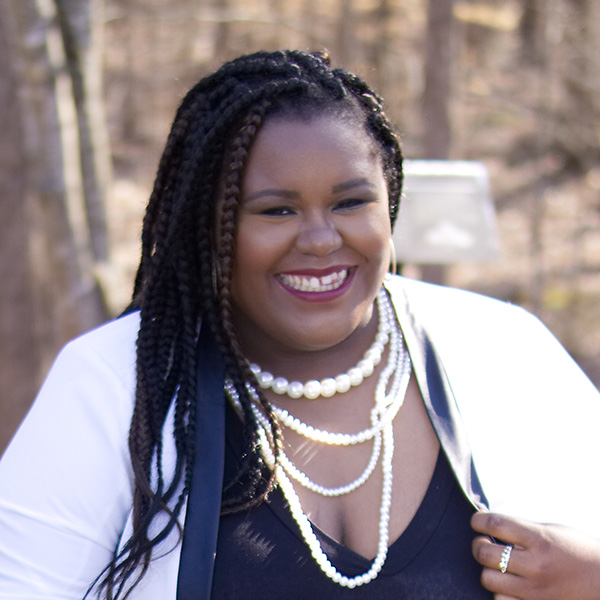Biography
Early Life
Anna Julia Haywood Cooper was born in 1858 (or 1859) into slavery in Raleigh, North Carolina. She married Georgia A.G. Cooper in 1877 who died two years later. Cooper received a scholarship and earned a B.A. (1884) and a Masters Degree (1887) in Mathematics at Oberlin College, OH. Then she worked at Wilberforce University and St. Augustine’s, followed by Washington Colored High School in Washington, D.C.
Activism Through Writing, Lecturing, and Teaching
Cooper was an author, activist, scholar, and educator who founded several organizations. She challenged society’s limited opportunities and ideas about the roles of Black women. Cooper advocated for equal education for women in her first book, A Voice from the South by a Black Woman of the South, in 1892. Her book became nationally known. Cooper lectured across the country about education, civil rights, and Black women’s status. She said that African American women were essential in lifting up Black people. This book is considered the first book-length work on Black feminist theory. She explained and described the intersectionality (overlapping) of race, gender, and class. She explained how these forms of oppression affected Black women. She critiqued the racism of the White women’s suffrage movement, and the sexism of Black male writers of the time, such as W.E.B. DuBois, Booker T. Washington, Frederick Douglass, and others.
She believed that Black women had a unique perspective and important insights. She said that when Black women are educated, they make important contributions to Black cultural uplift–“uplift of the black race,” society as a whole. Cooper advocated for the education of women and girls. She advocated for Black women’s contributions and empowerment in all spheres of life–not just at home doing domestic activities.
This quote by Cooper appears inside all U.S. Passports. It is the only quote by a woman in the entire U.S. Passport: “The cause of freedom is not the cause of a race or a sect, a party or a class—it is the cause of humankind, the very birthright of humanity.”
In 1902, Cooper became principal of M Street High School, (named Washington Colored High in an earlier time period). She resigned in 1906 because the school board did not approve of the fact that she was preparing Black students for a college education.
Organizations
Cooper was one of the founders of the Colored Women’s League in 1892.
During the early 1900s, the Young Women’s Christian Association (YWCA) and the Young Men’s Christian Association (YMCA) excluded Black young women and men. Cooper founded “colored” branches of the YWCA and YMCA to fill this gap and to support young black migrants while they were moving to Washington, D.C. from the South.
Academic Teaching and Advocacy
Cooper began graduate study at Columbia University in New York City, but her studies were interrupted by her brother’s death. She resumed her studies in 1924 at the University of Paris, France. She completed her Ph.D. in 1925. She was the fourth American woman to earn a Ph.D. there. During her intermission from doctorate work, she raised her brother’s five grandchildren.
Cooper became president of Frelinghuysen University, for Black adults. It was later reorganized as the Frelinghuysen Group of Schools for Colored People. During that time Cooper became the school’s registrar until it closed in 1950.
